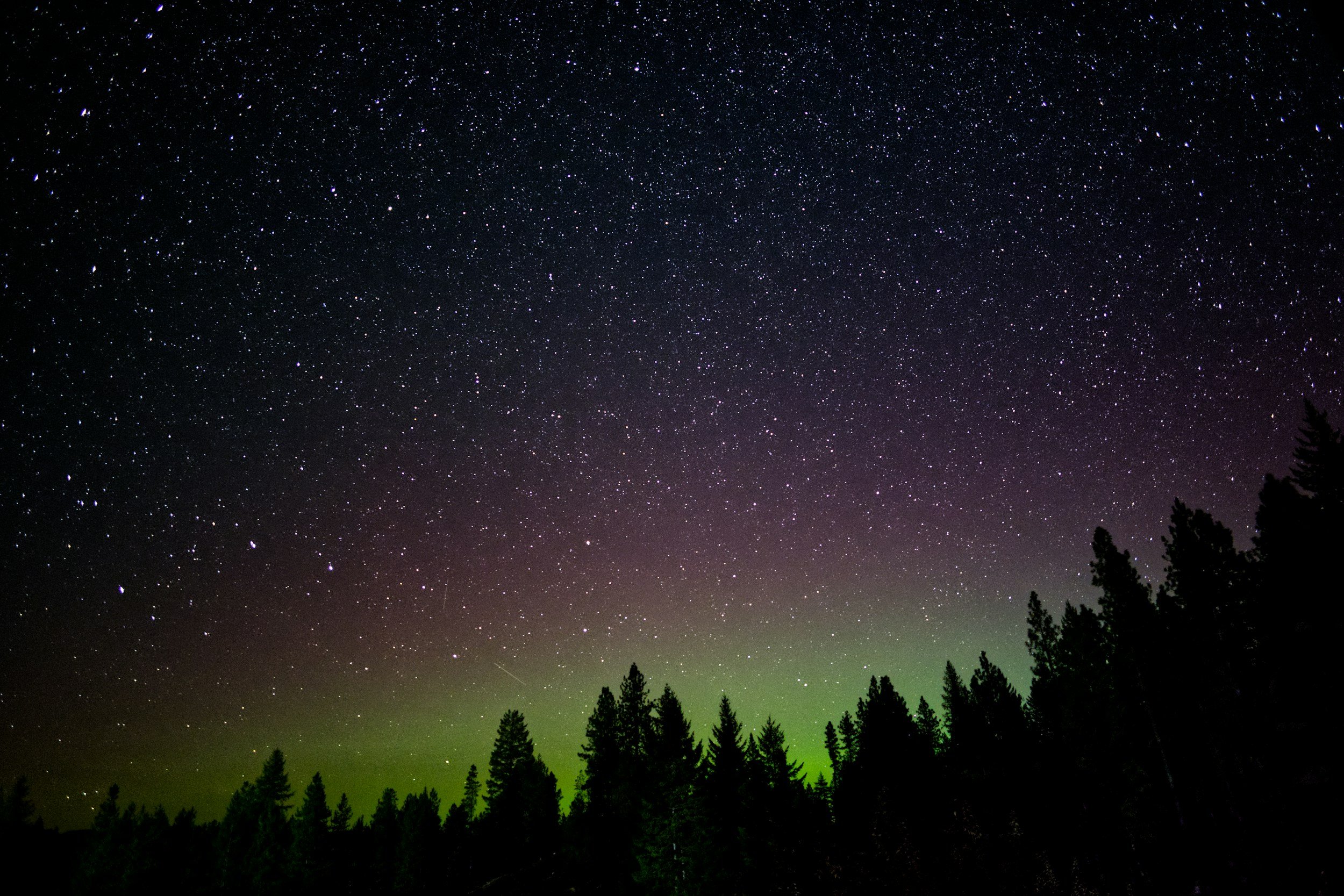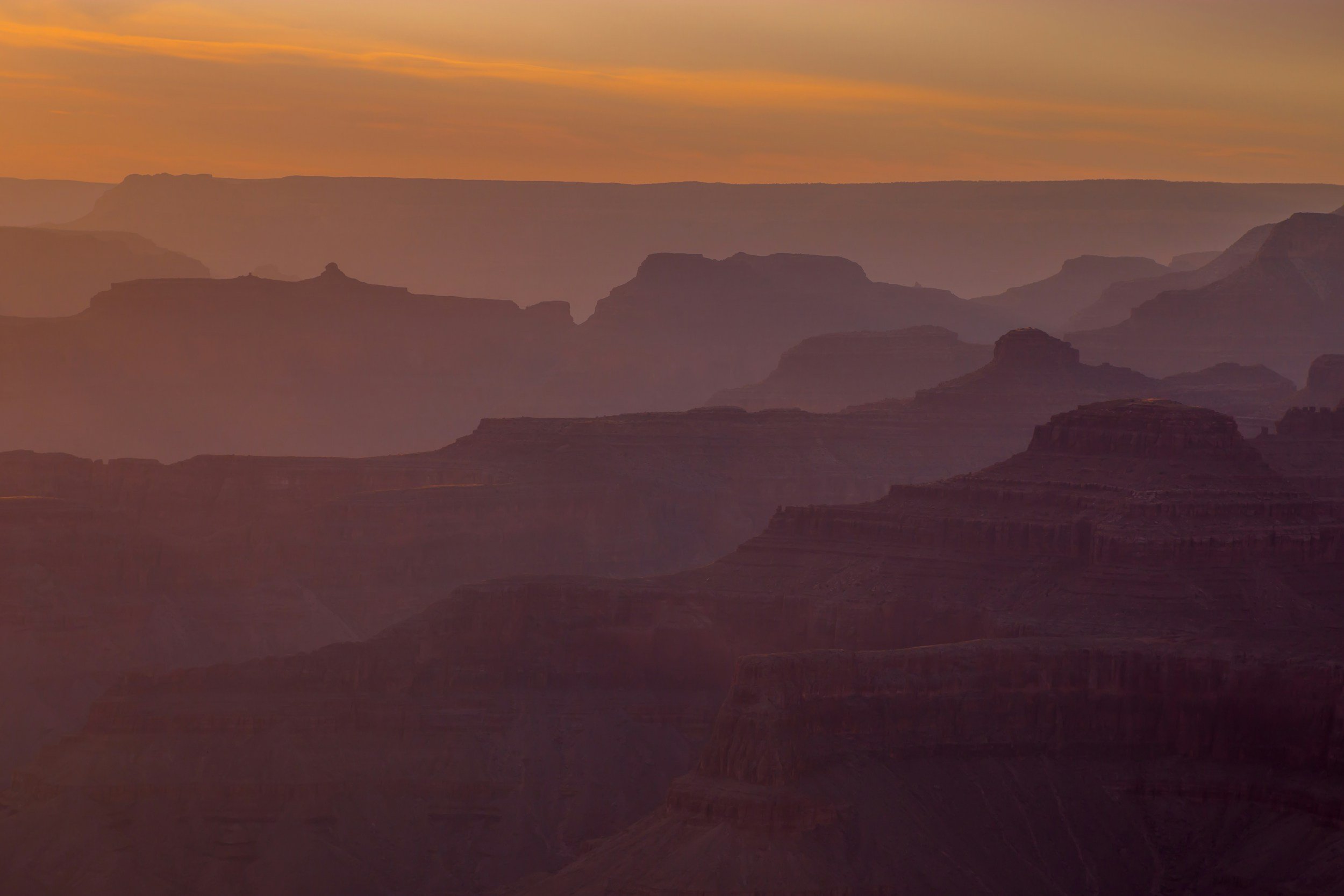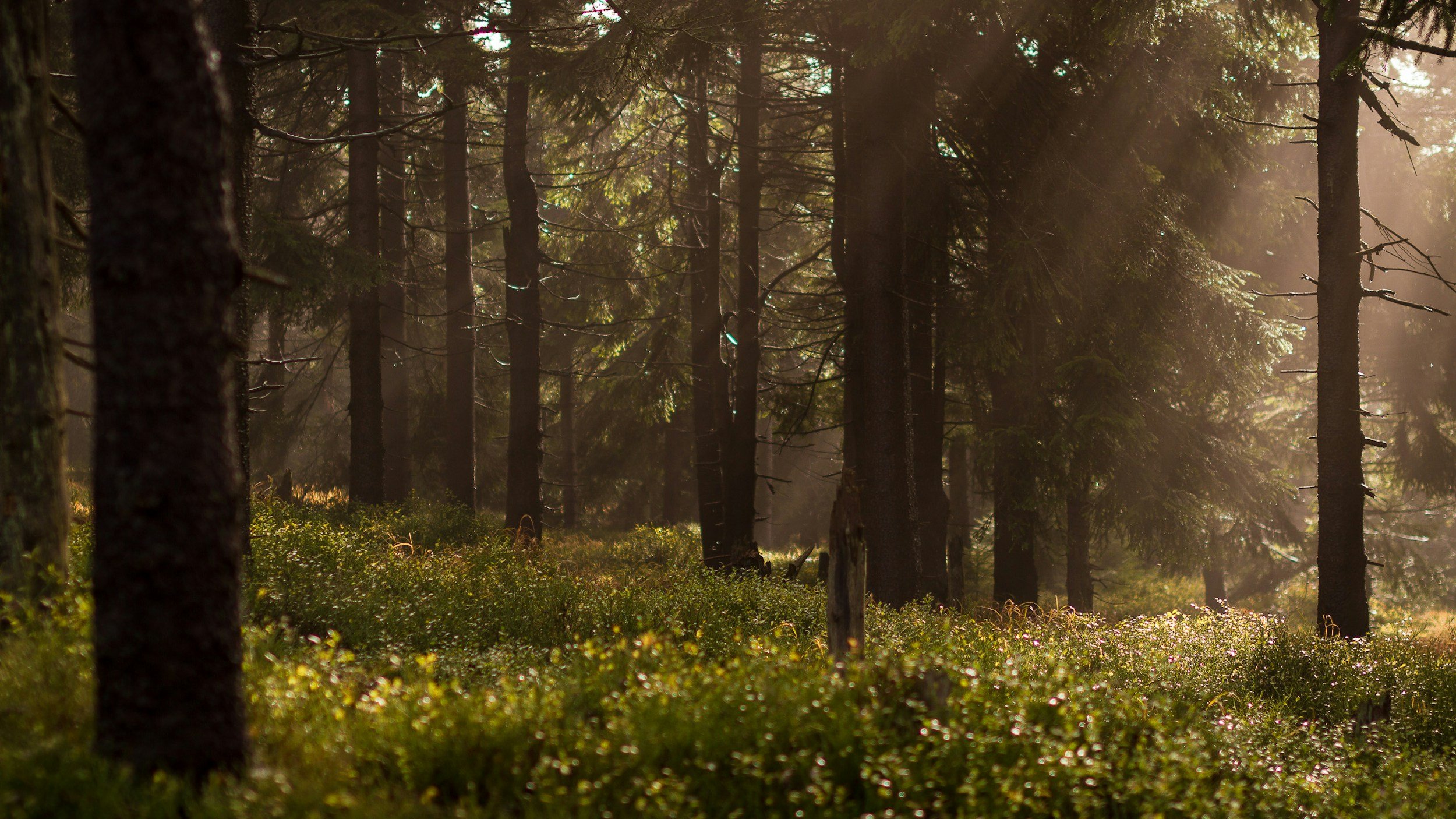
Psychedelics & Law
The illegality and repression of psychedelics concerns civil rights and civil liberties, the most fundamental of human freedoms: the spiritual impulse and personal sovereignty over the mind. While psychedelics remain illegal in the majority of the world, there are regions in which use of psychedelics is legal, and thus safe.
The psychedelic experience is widely considered sacred, akin to religious practice, making love, giving birth, and being wed. Moreover, countless people achieve greater health and discover a personal and therapeutic sense of spirituality through psychedelics. Legal exemptions have been made for some established religious traditions in Western nations. However, it remains illegal for most people to use psychedelics as medicine or sacrament without risking their freedom.

I see the psychedelic experience as a birthright, and we can’t have a free society until people are free to explore their own mind.
— Terence McKenna
Cognitive Liberty
The prohibition of psychedelics represents a serious breach on individual sovereignty and the basic human right to freedom of thought. At its core, cognitive liberty is the belief that individuals should have the autonomy to control their own mental processes, thoughts, and consciousness without interference. It asserts the protected right to determine what states of mind we experience and how we engage with the contents of our own minds.
As Richard Glenn Boire succinctly puts it:
“The right to control one’s own consciousness is the quintessence of freedom. If freedom is to mean anything, it must mean that each person has an inviolable right to think for themselves. It must mean, at a minimum, that each person is free to direct their own consciousness; their underlying mental processes, and their beliefs, opinions, and worldview.”
Psychedelics have been used by humanity for millennia to explore altered states of consciousness, gain insight, and foster a deeper connection with oneself and nature. However, the illegality of these substances amounts to a form of cognitive censorship—controlling how far individuals are allowed to explore their minds. By restricting access to psychedelics, governments are not only limiting cognitive freedom but also enforcing a narrow range of socially acceptable thoughts and feelings. This limits peoples capacity to experience other perspectives, seek spiritual insight, transform mental processes, and heal.
Laws that control substances capable of altering consciousness serve as a way to filter and restrict human potential. In doing so, the laws signal that certain ways of thinking, feeling, or perceiving are unacceptable. This directly undermines personal growth, freedom of belief, and the pursuit of knowledge. The cognitive sovereignty of individuals should be respected, enabling each person to explore the depths of mind, free from the imposition of cultural biases or legal repercussions.
Recent advances in psychedelic science have consistently shown the transformative potential of psychedelics when used responsibly. Studies indicate that psychedelics can foster significant psychological healing, enhance wellbeing, and increase prosocial and pro-environmental behaviour. They are effective tools for fostering empathy, deepening our connection with the natural world, and facilitating personal and collective growth. Denying people access to these tools not only restricts cognitive liberty but also limits opportunities for healing and development in a society grappling with a health crisis.
Advocating for the legalization and responsible use of psychedelics is a matter of advocating for the right to think and feel freely, explore our own consciousness, and access the potential for healing and transformation inherent within these substances. To control what substances we are allowed to ingest in order to explore our minds is to exert control over our freedom to think, feel, perceive, and evolve as human beings.

To hold sovereign and exclusive ownership of one's own conscious mind, to explore freely and without boundary, is surely the most fundamental of human rights. Third party intrusion into this wholly personal territory is a grievous breach of this inalienable freedom.”
— Dominic Milton Trott
The War on Drugs
The so-called "War on Drugs" is, in essence, a war on people—an unjust attempt to control and marginalize groups of individuals based on their use of certain substances. This campaign has systematically targeted marginalized communities, disenfranchised communities, and those seeking cognitive liberty and the freedom of religion.
Psychedelics became illegal globally after the United States launched the War on Drugs and introduced the Controlled Substances Act in 1970. Framed as a campaign to protect public safety and health, this prohibition was largely a political tool to regain control over the social and cultural upheaval of the 1960s counterculture movement. Psychedelics, once regarded as tools for self-discovery and healing, became symbols of rebellion that threatened the establishment.
Richard Nixon's administration led this campaign, targeting antiwar activists and marginalized communities. As revealed by Nixon's domestic policy chief, John Ehrlichman:
“The Nixon campaign in 1968, and the Nixon White House after that, had two enemies: the antiwar left and Black people. You understand what I’m saying? We knew we couldn’t make it illegal to be either against the war or Black, but by getting the public to associate the hippies with marijuana and Blacks with heroin, and then criminalizing both heavily, we could disrupt those communities. We could arrest their leaders, raid their homes, break up their meetings, and vilify them night after night on the evening news. Did we know we were lying about the drugs? Of course we did.”
This chilling admission highlights that the War on Drugs was not a campaign for public safety—it was a targeted effort to undermine political dissent and oppress marginalized communities.
The ramifications of this war have been profound: countless lives disrupted through criminalization, mass incarceration, and ongoing stigmatization of substance users. These policies have perpetuated racial inequalities and denied individuals their fundamental right to explore consciousness.
In the face of prohibition, the Multidisciplinary Association for Psychedelic Studies (MAPS) was founded in 1986 to challenge inhumane drug laws through science. Today, leading organizations like MAPS, the Heffter Research Institute, Imperial College London’s Centre for Psychedelic Research, and Johns Hopkins Centre for Psychedelic and Consciousness Research are pioneering a renaissance of psychedelic science. Their work is providing compelling evidence of the therapeutic potential of psychedelics for treating conditions like depression, addiction, PTSD, and OCD, legitimizing their role in modern medicine.
However, while progress is being made, psychedelics are being legalized through a process of medical industrialization and corporatization, potentially giving control over their production and distribution to a few powerful entities. This risks exacerbating the socioeconomic inequities that many people face, rather than making these substances accessible to all who could benefit from them.
True reform requires us to understand the deeper sociopolitical roots of the War on Drugs and to work towards a framework of cognitive liberty—one that ensures psychedelics are used for the collective healing of all, free from corporate and governmental control.

The illegality of psilocybin mushrooms, ayahuasca and other naturally-occurring sacred medicine is a consequential violation of human rights with significant impacts on the health of people and the planet. Sadly, most people in the West have been taught not to care.
— Louis Belleau
Drug Policy Reform
The movement for drug policy reform seeks to address the failures of prohibition and create policies that recognize the autonomy, health, and rights of individuals. The prohibition of psychedelics, as part of the broader War on Drugs, has proven not only ineffective but also harmful—leading to mass incarceration, systemic injustices, and the marginalization of many communities, particularly those already vulnerable or oppressed.
Drug policy reform aims to shift the narrative from criminalization to harm reduction, health, and human rights. By focusing on decriminalization and regulation, reform efforts hope to reduce the negative impacts of prohibition while ensuring individuals have safe access to substances. Recent developments in decriminalization initiatives—such as those in Oregon and Colorado—demonstrate a growing public awareness of the potential benefits of psychedelics and the need to reassess punitive drug laws.
The reform movement also recognizes the therapeutic and transformative potential of psychedelics. By moving away from punitive models and adopting evidence-based approaches to substance use, governments can help people access psychedelics that have shown efficacy in treating conditions like PTSD, depression, addiction, and anxiety. A regulated system ensures that psychedelics are used in safe, supportive contexts, ultimately supporting public health while respecting individual freedoms.
Meaningful reform is a multigenerational journey requiring action across the spectrum—from grassroots activism to legislative change. It demands the involvement of researchers, healthcare professionals, policymakers, and communities to shape just, equitable policies that allow for responsible psychedelic use and recognize cognitive liberty as a fundamental human right.
Psychedelics hold the potential to positively reshape not only individual lives but also societies. To unlock their full potential, we must transform our outdated and harmful drug laws, create access to education and support, and reframe substance use as a health issue, not a crime. In doing so, we can help to create a world where psychedelics are seen as valuable tools for healing, growth, and community connection.

The war on drugs is a tragically misplaced use of resources—an immoral venture that produces far more suffering than it alleviates.
— David Harsanyi
International Law & Human Rights
The prohibition of psychedelics globally has largely been influenced by international treaties established to control narcotics and psychotropic substances. One of the foundational agreements is the 1961 Single Convention on Narcotic Drugs, which primarily targeted opioids and cannabis but laid the groundwork for broader drug control frameworks. Following this, the 1971 Convention on Psychotropic Substances specifically sought to regulate substances like LSD, psilocybin, mescaline, and other psychedelic compounds, categorizing them as having "no recognized medical use" and thus severely restricting their availability for therapeutic or scientific research.
These international treaties imposed obligations on countries to adopt similar prohibitive measures at the national level, effectively leading to the widespread criminalization of psychedelic use, possession, and distribution. The influence of these conventions continues to shape national drug policies even today, contributing to punitive measures rather than health-centred approaches to substance use.
However, recent years have seen several nations challenge these outdated norms and begin to reshape their drug policies. Portugal, for instance, decriminalized all drugs in 2001, including psychedelics, opting instead for a public health model of harm reduction and support. Countries like Jamaica and Brazil have taken a more lenient stance on the use of natural psychedelics like psilocybin mushrooms and ayahuasca, respectively. The Netherlands has maintained a somewhat grey area in its laws by allowing the sale and consumption of "magic truffles," a form of psilocybin-containing fungi.
Recent developments in Canada and the United States have also begun challenging the established norms of prohibition. In Canada, exemptions are being granted under the Controlled Drugs and Substances Act to allow terminally ill patients and healthcare professionals to access psilocybin-assisted therapy. Similarly, cities in the United States, like Denver, Oakland, and Washington, D.C., as well as states like Oregon and Colorado, have decriminalized the use and possession of psilocybin, marking significant shifts in policy.
These initiatives are indicative of a growing recognition of the failures of strict prohibition and a movement toward drug policy reform based on human rights, health, and the acknowledgment of individual cognitive liberty. As international sentiment continues to evolve, the pressure mounts on existing treaties and international bodies like the United Nations to reconsider the blanket prohibition and instead adopt more flexible, health-centred approaches to drug use, especially in light of emerging research into the therapeutic potential of psychedelics.
The movement for psychedelic reform is ultimately rooted in the belief that access to these substances, especially for therapeutic and spiritual purposes, is a fundamental human right. The Universal Declaration of Human Rights enshrines the right to personal autonomy and wellbeing, principles that should extend to an individual's ability to alter their consciousness and access the potential benefits of psychedelics. Thus, challenging outdated international norms is not only about updating public health policies but also about affirming the basic human rights of autonomy, cognitive liberty, and the pursuit of well-being.
This evolving international landscape reflects a broader shift toward respecting individuals' rights to make informed decisions about their mental health and personal development while balancing regulatory frameworks to ensure safety and accessibility

Psychedelics are illegal not because a loving government is concerned that you may jump out of a third story window. Psychedelics are illegal because they dissolve opinion structures and culturally laid down models of behaviour and information processing. They open you up to the possibility that everything you know is wrong.
— Terence McKenna
Medical Exceptions
The use of psychedelics for medical and therapeutic purposes is becoming increasingly accepted, particularly in the context of clinical trials and compassionate use programs. Various health policies and patient rights are gradually adapting to incorporate these substances for specific conditions.
One prominent example of psychedelics being used legally is through the expanded access and compassionate use programs under the U.S. Food and Drug Administration (FDA). In 2019, the FDA approved an expanded access program for MDMA-assisted therapy for treating PTSD. This program, overseen by the Multidisciplinary Association for Psychedelic Studies (MAPS), allows patients with treatment-resistant PTSD to receive MDMA therapy under specific clinical settings. Unlike traditional clinical trials, these programs enable individuals who may not be eligible for a trial to access the treatment under a controlled protocol
In addition, the FDA has granted orphan drug status to certain psychedelics, such as DMT for the prevention of ischemia-reperfusion injury in patients undergoing solid organ transplants. Orphan drug status offers incentives like fee waivers and exclusive marketing rights, which help facilitate the development of treatments for rare or challenging conditions
Several U.S. states have also implemented or proposed Right to Try laws, allowing terminally ill patients access to investigational drugs, including psychedelics, without FDA approval. In one notable case, a group of doctors in Washington State attempted to administer psilocybin therapy to terminally ill patients experiencing end-of-life anxiety. Although the DEA initially rejected this request, activists continue to advocate for similar exceptions, challenging both state and federal laws in favor of patient rights
Beyond federal efforts, some states are moving toward regulating psychedelic use for therapeutic purposes. For example, in Oregon, individuals can legally use psilocybin in state-regulated healing centers for therapeutic purposes. In Colorado, a similar model allows adults to access psilocybin in controlled settings, with plans to include other psychedelics like mescaline and ibogaine by 2026
These developments represent significant progress in allowing psychedelics to be used legally for therapeutic and medical purposes, emphasizing patient rights, compassionate care, and the potential benefits of these substances in treating a range of mental health conditions. However, challenges remain, including navigating regulatory gray areas and ensuring adequate training for practitioners to use these therapies safely and effectively.

I am convinced that psychedelics are not a panacea, but they can play a role in healing and connection, both for the people that choose to use them and for those that do not.
— Matt Zemon
Paths to Legal Access
If you're interested in accessing psychedelics legally, there are several pathways to consider, depending on your location and the current legal framework:
Clinical Trials: Participating in clinical trials is one of the most accessible legal pathways for individuals interested in psychedelics for therapeutic purposes. Trials are ongoing in many parts of the world, often focusing on conditions like PTSD, depression, anxiety, or addiction. Organizations like the Multidisciplinary Association for Psychedelic Studies (MAPS) and institutions such as Johns Hopkins University conduct these trials. By signing up, you could receive psychedelic-assisted therapy under safe and controlled conditions.
Health and Medical Exemptions: In some countries, individuals may be able to obtain psychedelics through exemptions for medical or therapeutic purposes. For instance, in Canada, patients can apply for a Section 56 exemption to access psilocybin-assisted therapy. Australia has also legalized psilocybin and MDMA for therapeutic use, available to those with specific mental health conditions under medical supervision.
Travel to Psychedelic Retreats: In countries where psychedelic use is legal or decriminalized, such as Jamaica, Peru, or the Netherlands, you can participate in psychedelic retreats or ceremonies. These retreats are often run by experienced facilitators and offer a supportive environment for exploring substances like psilocybin mushrooms, ayahuasca, or truffles. It’s crucial to research the retreat's legitimacy and ensure that it aligns with your safety and ethical standards.
Religious Exemptions: In some jurisdictions, psychedelics are allowed for religious or spiritual use. For example, members of the Native American Church can legally use peyote in the United States as part of their religious ceremonies. Similarly, organizations like Santo Daime or União do Vegetal (UDV) have received exemptions to use ayahuasca in religious contexts in Brazil, the U.S., and Canada.
Ketamine Therapy: Though not a classic psychedelic, ketamine has psychedelic properties and is legal in many countries for medical use. Ketamine-assisted therapy has been shown to be effective for treatment-resistant depression and anxiety. Unlike other psychedelics, ketamine clinics are more widely available in countries like the U.S., Canada, and parts of Europe.
Decriminalized Areas: In regions like Oregon, Colorado, and various cities across the United States, psychedelics like psilocybin have been decriminalized. While this doesn’t mean they are fully legalized, possession and personal use are treated as low law enforcement priorities, reducing the legal risk involved.
Compassionate Use Programs: Some countries and jurisdictions have introduced compassionate use or expanded access programs for patients who do not qualify for clinical trials but who may benefit from psychedelic therapy. These programs are designed to help those with severe or treatment-resistant conditions to access emerging therapies before approval.
Exploring psychedelics legally often involves navigating complex regulations and ethical considerations. Wherever possible, prioritize safety, legality, and the guidance of trusted and experienced facilitators or medical professionals to ensure a beneficial experience.

Psychedelics are a bit of a cheat code in self-observation.
— Naval Ravikant
Regional Laws
The legal status of psychedelics varies significantly across the world, with recent progress in decriminalization and medical exemptions signalling a changing attitude toward these substances. Please note, this page is updated on a occasional and irregular basis.
United States: The U.S. has seen a patchwork approach to psychedelic legality, largely driven by state-level reforms. Oregon led the way by legalizing psilocybin service centers in 2020, and Colorado followed in 2022 with similar legislation, including the decriminalization of multiple natural psychedelics like psilocybin, ibogaine, and mescaline (except peyote). Other states and cities, such as Oakland and Santa Cruz in California, have also taken steps to decriminalize the use of certain psychedelics.
Canada: Psilocybin remains a Schedule III controlled substance. Although it is illegal to possess or use psilocybin, exemptions are available under Section 56 of the Controlled Drugs and Substances Act for medical and research purposes. Psychedelic cacti, excluding peyote, can be grown for decorative purposes, while other psychedelics like LSD, MDMA, and ayahuasca remain under strict regulation.
Netherlands: The Netherlands has long allowed the sale of psilocybin truffles, which are not classified as illegal even though magic mushrooms are. This has led to a burgeoning industry of psilocybin retreats and therapy centres in the country, making it a popular destination for psychedelic tourism and treatments.
Jamaica: Psilocybin mushrooms are legal in Jamaica, and the country is quickly becoming a popular spot for legal psychedelic retreats. These retreats offer safe and guided experiences, making Jamaica a key destination for those seeking alternative therapies involving psychedelics.
Brazil: Brazil is one of the most tolerant countries for psychedelics, with legal ayahuasca use and unregulated but tolerated psilocybin mushrooms. Ayahuasca retreats have attracted global attention, making Brazil a hub for those interested in this traditional brew.
Other notable regions:
Peru and Mexico have legalized or allowed the ceremonial use of certain psychedelics, such as ayahuasca and ibogaine.
Portugal has taken a unique approach by decriminalizing all drugs, including psychedelics, focusing instead on harm reduction.
British Virgin Islands and Czechia have varying degrees of tolerance towards psychedelics like psilocybin mushrooms, with decriminalization for personal use but restrictions on commercial activities.
Australia: Australia recently legalized psilocybin and MDMA for use in controlled clinical settings to treat certain mental health conditions, making it one of the first countries to approve psychedelics for therapeutic purposes on a national level.
Asia: Psychedelics remain largely illegal across most Asian countries, with stringent penalties for possession or use. However, some research and advocacy efforts are beginning to push for decriminalization in specific regions.
Overall, the progress in psychedelic decriminalization and medical legalization is uneven across the globe, with a clear trend toward reform in North America, parts of Europe, and Latin America. This evolving legal landscape reflects a growing recognition of the potential therapeutic benefits of psychedelics and an increasing willingness to challenge outdated prohibitions that are harmful individuals and society.

The spiritual atrophying of contemporary culture may be due in large measure to its loss of sensitivity to processes in the collective unconscious.
— Terence McKenna
